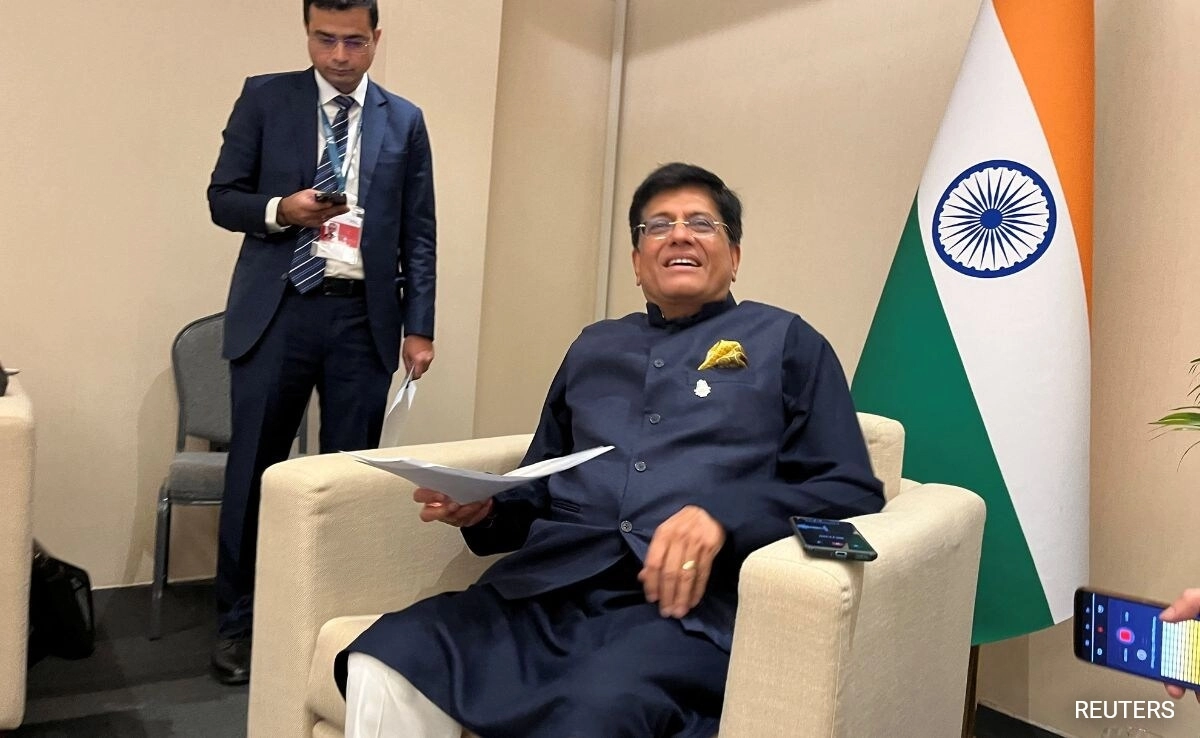In a significant political development, the Punjab Assembly has passed a resolution asserting that the state will not provide any water to Haryana. This decision arises from ongoing disputes over river water sharing and reflects the escalating tensions between the two neighboring states, particularly concerning the allocation of water resources from the Sutlej river. The resolution comes as a reaction to perceived injustices related to water distribution and aims to assert Punjab’s rights over its water resources, which have been a contentious issue for many years.
The backdrop of this resolution is rooted in long-standing grievances and legal battles over water rights, which have often led to friction between Punjab and Haryana. Punjab lawmakers argue that the state has already been facing severe water scarcity, and further allocations to Haryana would exacerbate the situation. The resolution not only highlights the urgent need for a fair distribution of water resources but also emphasizes Punjab’s commitment to protecting its agricultural interests and ensuring sustainability for its farmers.
This move by the Punjab Assembly has sparked reactions from various stakeholders, including farmers, political leaders, and environmental activists. Supporters of the resolution argue that it is a necessary step to safeguard the state’s resources, while opponents caution that such a stance could lead to further disputes and potential conflicts. The implications of this resolution are significant, as it could impact inter-state relations and the management of water resources in the region.
As discussions around water sharing continue, it is clear that this issue is far from resolved. The Punjab Assembly’s resolution reflects not only the complexities of resource management but also the deep-seated emotions tied to regional identity and agricultural livelihoods. As both states grapple with the consequences of water scarcity and environmental challenges, finding a collaborative solution will be crucial for ensuring sustainable development and peace in the region.




